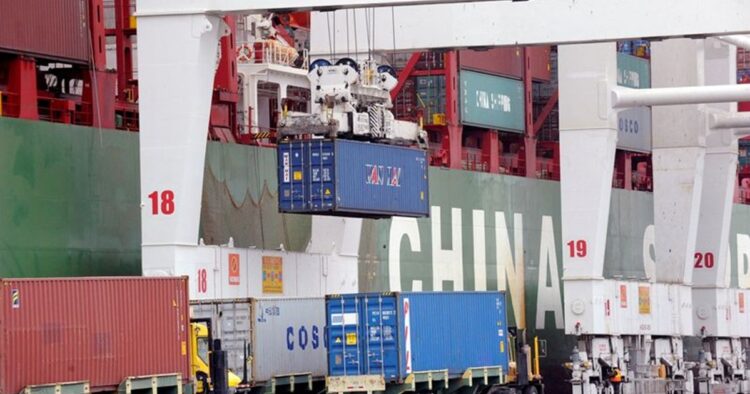In a recent announcement from the US Trade Representative’s office, it was revealed that a series of significant tariff increases on various Chinese imports will come into effect on August 1. These imports include items like electric vehicle batteries, computer chips, and medical products.
President Joe Biden has decided to maintain tariffs introduced by his predecessor, Donald Trump, while also implementing additional ones. Notably, tariffs on electric vehicles (EVs) will quadruple to over 100%, and duties on semiconductor tariffs will double to 50%.
A 30-day public comment period, closing on June 28, has been initiated to gather feedback on the proposed tariff hikes. The focus is on understanding the potential impact on the US economy, including consumers.
The US Trade Representative emphasized that the proposed tariff increases target products crucial for China’s dominance or sectors where the US has made significant recent investments.
The new measures affect approximately $18 billion worth of imported Chinese goods, encompassing items such as steel, aluminum, semiconductors, electric vehicles, critical minerals, solar cells, and cranes. However, the impact of the increased tariffs on Chinese EVs may be more symbolic than practical, as the US imports very few of them.
For medical products, public input is being sought to determine if the proposed tariffs on items like face masks, medical gloves, syringes, and needles should be higher.
As per the data from the US Census Bureau, in 2023, the US imported $427 billion in goods from China, while exporting $148 billion to the Chinese market, resulting in a significant trade gap.
US Trade Representative Katherine Tai has justified the revised tariffs, citing concerns over China’s alleged theft of US intellectual property. However, Tai has recommended tariff exclusions for numerous industrial machinery import categories from China, including equipment used in solar product manufacturing.
China has strongly condemned the planned tariff increases and has vowed to take “resolute measures” to safeguard its interests, asserting that such measures are counterproductive and harmful to both the US and global economies.
The US Trade Representative’s office has pledged to provide details on the process for companies to apply for machinery exclusions from the tariffs in a separate notice. Any exclusions granted will be retroactively applied from Wednesday and will expire on May 31, 2025.

















Comments